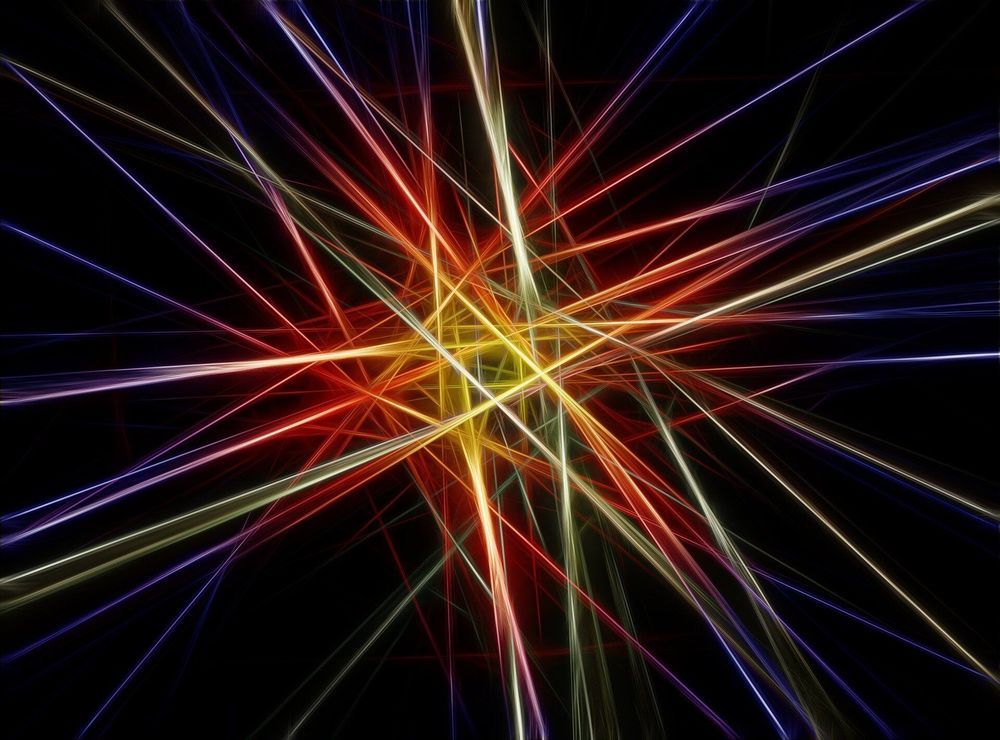Physicists at MIT have designed a quantum “light squeezer” that reduces quantum noise in an incoming laser beam by 15 percent. It is the first system of its kind to work at room temperature, making it amenable to a compact, portable setup that may be added to high-precision experiments to improve laser measurements where quantum noise is a limiting factor.
The heart of the new squeezer is a marble-sized optical cavity, housed in a vacuum chamber and containing two mirrors, one of which is smaller than the diameter of a human hair. The larger mirror stands stationary while the other is movable, suspended by a spring-like cantilever.
The shape and makeup of this second “nanomechanical” mirror is the key to the system’s ability to work at room temperature. When a laser beam enters the cavity, it bounces between the two mirrors. The force imparted by the light makes the nanomechanical mirror swing back and forth in a way that allows the researchers to engineer the light exiting the cavity to have special quantum properties.
